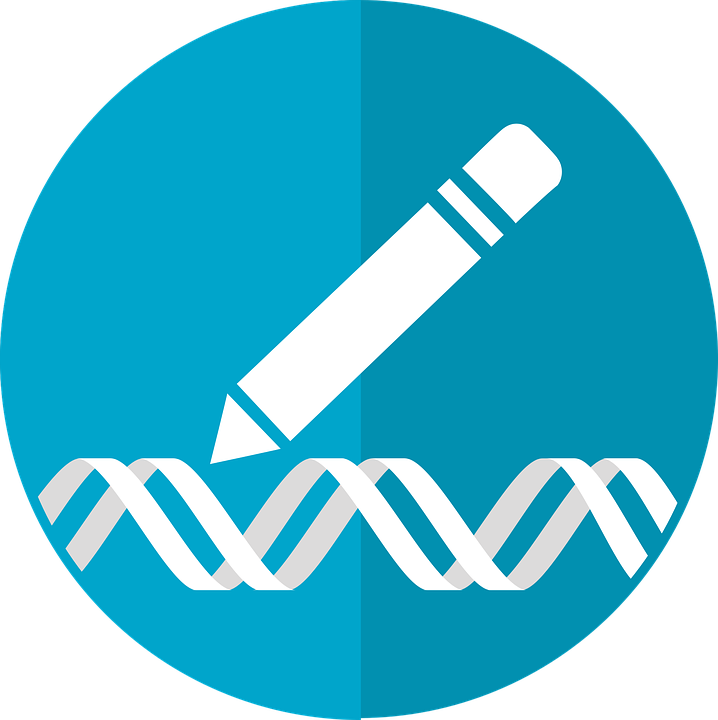Aggregated News

Jim Wilson has been one of gene therapy's pioneers. Now he's raising concerns about the safety of a technology he helped develop – at least when it is pushed to its limits. In two new studies his team conducted in monkeys, high doses of a certain type of gene were toxic.
"I recognize the fact that these are limited numbers [of animals], and in fact that studies were not designed to evaluate safety," Wilson says in an interview with Forbes, reproduced below. "But the fact is, we observed the toxicity with that limited number, which is, from my point of view, even more worrisome."
For decades, gene therapy – treating or curing sick people by replacing the worst parts of their DNA – has been a pipe dream. Now, it's a reality. Last year, the Food and Drug Administration approved gene therapies for forms of rare blood cancer, and a gene therapy to treat blindness.
All gene therapies rely on what scientists call "vectors" – which just means a way of getting DNA into a patient's cells. The most common vectors? Viruses...



